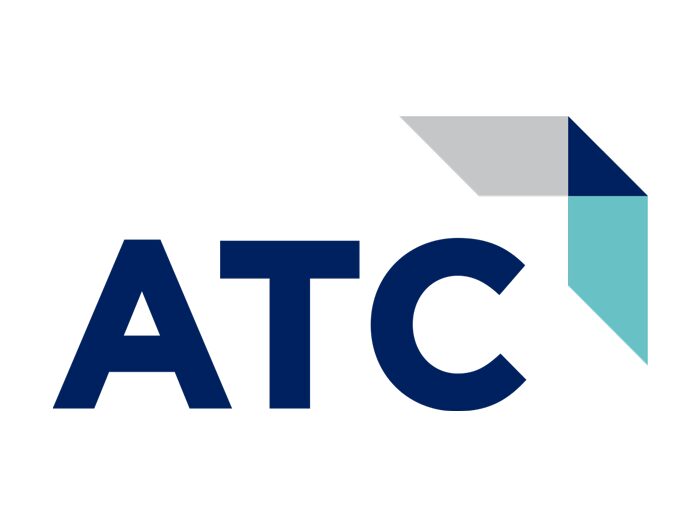
Whether you’ve heard of the term digital transformation (DX) or not, you’ve certainly experienced this technological shift as it has affected every aspect of our lives, from healthcare to banking, and even government services. By taking advantage of new technologies, organizations are able to improve their processes and create entirely new ways of working that open up revenue streams.
Discover the power of digital transformation and why your company needs it to promote positive business outcomes, both now and in the future.
Digital Transformation Overview
The impact of technology has been felt across industries, especially those that deal with data processing. DX provides a model for companies to reimagine how they use technology, people and processes to drive more business and respond to changing customer expectations.
Not only has the number of companies implementing digital technologies increased exponentially but so has the speed of adoption, accelerating from several years to just months. Companies must be willing to embrace technology or risk getting left behind.
However, it’s not enough to simply adopt new technology to facilitate transformation. That’s why business-driven IT strategies are vital as they weave all these tools and solutions together, allowing you to better understand your company’s operations and support business priorities.
5 Advantages of Digital Transformation
DX is often associated with huge enterprise companies, but smaller organizations also benefit from holistic IT strategies that are purpose-built, agile, resilient and secure. From global enterprises to fledgling businesses, here are the top five benefits of digital transformation:
- Improved productivity and efficiency. Having an IT infrastructure that meets modern demands is key to improving productivity and efficiency. Digital transformation solutions — such as voice, network, cloud and security — allow your teams to do more in less time and work remotely without disrupting operations.
- Sharpened competitive edge. Responsiveness is crucial for gaining a competitive advantage in any industry. DX enables organizations to quickly adapt to changing market conditions and customer demands.
- Reduced cost and errors. Manual processes are more prone to human error than automated processes and they can drive up cost. By building a next-gen infrastructure, your systems and processes will be more robust, reducing wasteful errors that cut into your bottom line.
- Enhanced customer experience. Customer expectations are higher than ever, and if your technologies fail to deliver positive interactions, then customers will take their business elsewhere. By implementing a DX strategy, you’ll be able to provide a superior experience that retains customers.
- Boosted employee engagement and morale. Giving your workers the tools they need to achieve business objectives is critical for boosting employee satisfaction. When your team feels supported and valued, engagement and morale go up. DX is particularly important as remote work increases, making technology the backbone of operations.
Lead Your Business into the Future
Technology is constantly evolving, and brands that resist change will be outpaced by competitors. Although enterprises, mid-market companies and small businesses have different needs, digital transformation allows all types of organizations to improve productivity, increase efficiency and cut costs. No matter your company’s size or goals, make sure to partner with an experienced IT consulting firm for a successful transformation.
Set up a discovery call today to explore ATC’s strategic IT solutions that will position your company as a leader of the future.










